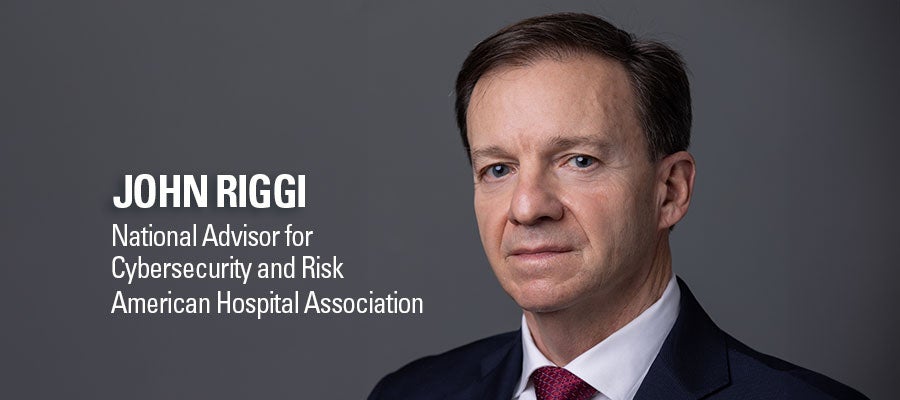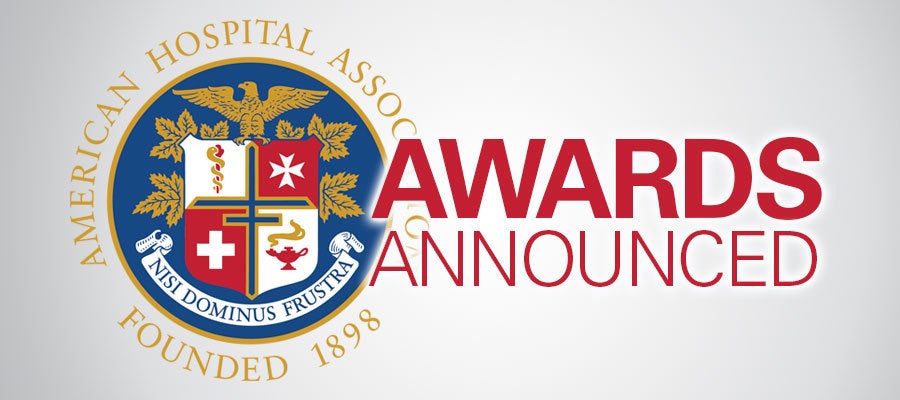Health care providers who received Provider Relief Fund and/or American Rescue Plan Rural payments exceeding $10,000 total between July 1 and Dec. 31, 2021, must report to the Health Resources and Services Administration by this March 31 on how they used those funds or face enforcement actions.





